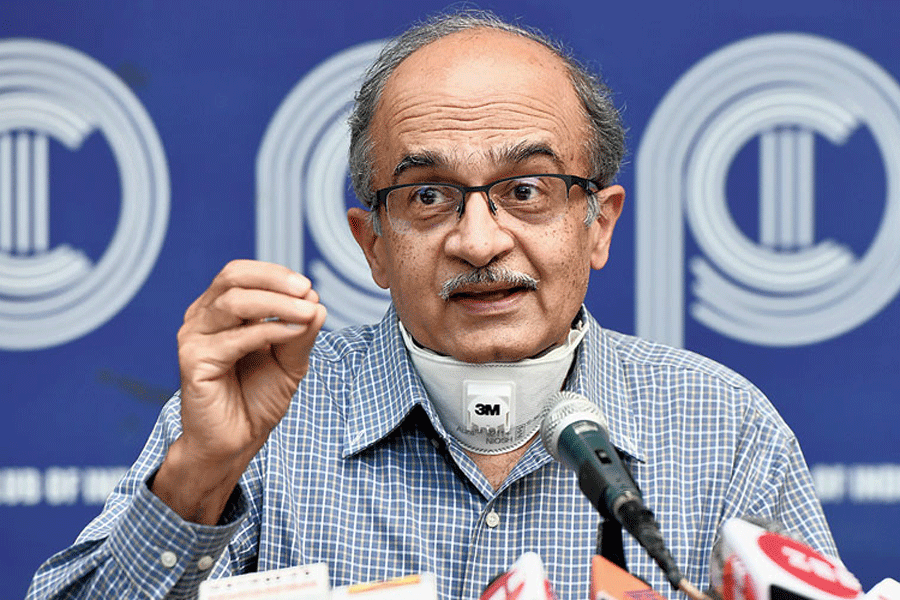Almost four decades after the worst communal riots in the capital, civil society activists have come together to restart an initiative to promote communal harmony.
Speaking at the launch of Democratic Outreach for Secular Transformation of India (DOSTI) on Wednesday in New Delhi, St. Stephen’s College associate professor Nandita Narain said that this was the reincarnation of the Nagrik Ekta Manch that had been created in 1984.
The Manch carried out relief work during the anti-Sikh riots. “We used to go to schools and talk to children about what was happening and encourage them to be friends with children from other communities. Nowadays it is unimaginable that we will be allowed in schools,” said Narain.
“Children understand dosti (friendship). Nowadays they’re exposed to communal hatred in childhood due to TV…. We have to awaken humanism in our society again.”
Sehba Farooqui, convener of the Manch and vice-president of the CPM-backed Janwadi Mahila Samiti, Delhi, told The Telegraph that DOSTI wants to push a counter-narrative against everyday bigotry. “The silent majority needs a platform to speak. We will hold meetings even of only 10 to 20, to build a counter-narrative to hatred. How long can we suffer what's happening and not speak up?”
She added: “Things are worse now than after the 1984 riots. Back then at least there was one to two per cent action by the police. Today you have Monu Manesar (wanted by the Rajasthan police for allegedly burning two Muslims to death) giving interviews every day. There is no fear of law.”
Former bureaucrat Harsh Mander said at the launch: “The biggest lesson from Nazi Germany is not that six million Jews were killed because there was a devilish leader there. But it shows what happens in a society where the poison of hatred is spread.”
He said that after the killing of Muslim passengers allegedly by a Railway Protection Force constable in a train in Mumbai, a Muslim colleague of his broke down in fear of the same predicament befalling her family.
“It is the duty of the Prime Minister to say that there is no need to fear, and that this country belongs to all religions, castes and linguistic groups. But the PM did not. So we must all find that voice within us,” said Mander.
He recounted a reconciliation effort he was part of in Gujarat’s Panchmahal district after the 2002 riots where Hindus and Muslims got together to rebuild homes. “When it was proposed, everyone said it was impossible as the hatred was so high. But eventually, this took place in 80 villages.”
Senior advocate Prashant Bhushan said: “They can spread hatred, we will spread love. We can spread positive stories (of communal harmony), celebrate festivals together.”
Referring to the demolitions of Muslim homes in Haryana’s Nuh district — that the Punjab and Haryana High Court questioned as “ethnic cleansing” — senior advocate Sanjay Hegde said: “When a bulldozer goes over one house, it runs over every home…. Injustice anywhere is a threat to justice everywhere.”










